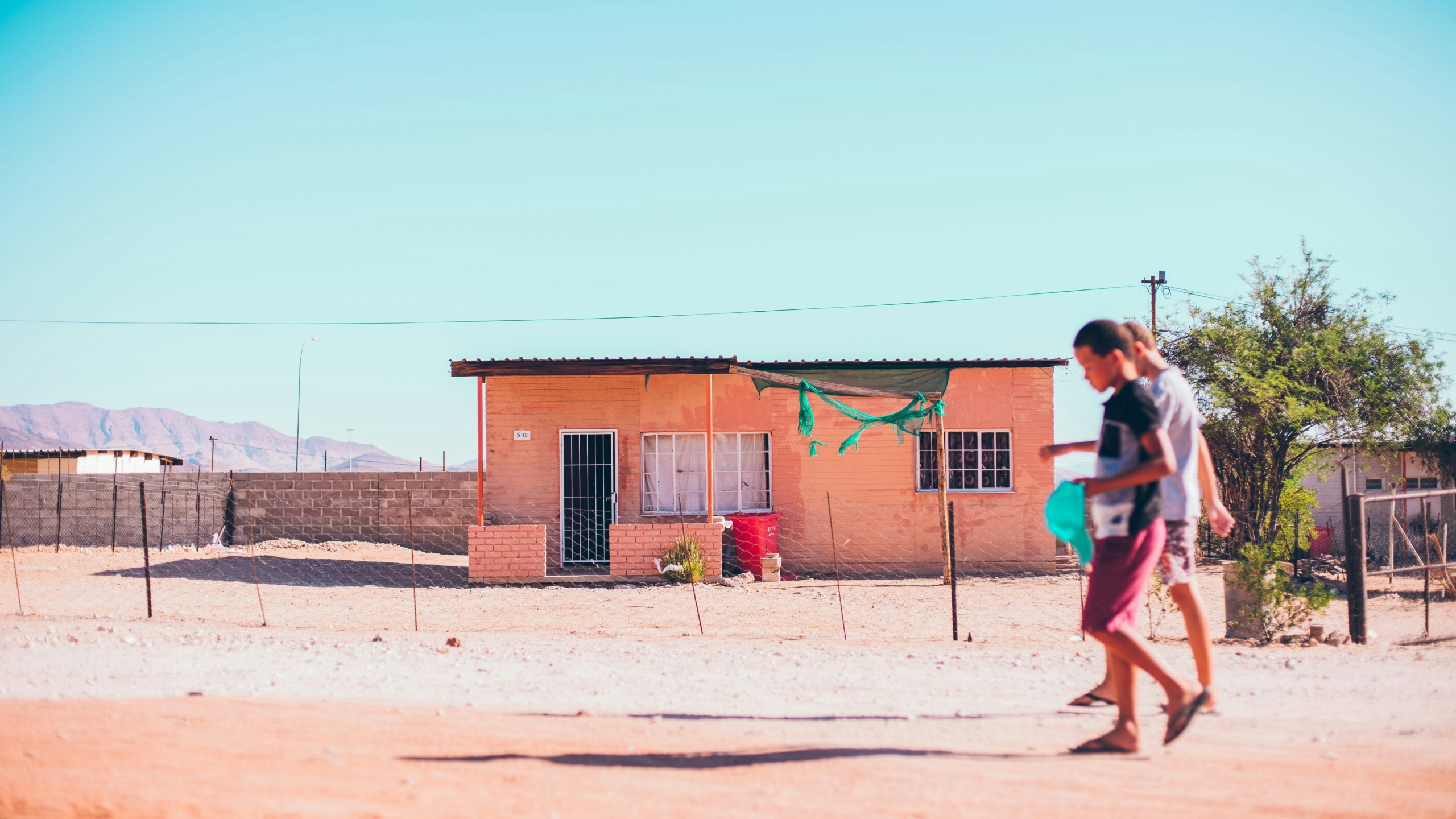Craftsmanship Meets Community to Tackle Poverty in Namibia
 Since 1992, Penduka has worked in a range of ways to tackle poverty in Namibia. Started by Dutch occupational therapist Christien Roos and five other women, Penduka now plays a pivotal role in Namibia by empowering women through their craftsmanship and supporting communities with the hospitality industry.
Since 1992, Penduka has worked in a range of ways to tackle poverty in Namibia. Started by Dutch occupational therapist Christien Roos and five other women, Penduka now plays a pivotal role in Namibia by empowering women through their craftsmanship and supporting communities with the hospitality industry.
The British Council reports that millions of new jobs and billions of dollars in profits are created by social enterprises each year. Penduka aims to empower vulnerable populations in Namibia, both economically and socially, with increased access to the labor market. It primarily seeks to alleviate poverty by selling handicrafts made by female Namibian artists.
Poverty in Namibia
According to the Namibia Multidimensional Poverty Index Report of 2021, approximately 43.3% of Namibia’s population live in multidimensional poverty. Unlike the traditional monetary poverty rates, multidimensional poverty refers to the demographic and social status of people. According to Auditor General Junias Kandjeke, 44% of Namibian households headed by women are impoverished, primarily due to gender inequality caused by unequal distribution of resources and limited educational opportunities.
Poverty rates have decreased since 1990, when Namibia gained independence from South Africa, but fundamental challenges such as economic gender inequality and high levels of unemployment remain — factors exacerbated by the COVID-19 pandemic. In 2022, the CIA Factbook estimated that approximately 50% of Namibians are unemployed.
In 2012, the United Nations Special Rapporteur on extreme poverty and human rights, Magdalena Sepúlveda, stressed that despite the existing legal support for Namibian women, they still are economically and socially vulnerable. Gender-based violence and limited access to employment for women contribute to the issue of gendered poverty in the country.
Empowering Women Through Craftsmanship
Local craftsmanship is one of the most important sources of income in developing economies. Globally, the artisan sector is worth more than $32 billion a year, serving as the second-largest employer in developing countries. Penduka offers the women of Namibia opportunities to gain experience in embroidery, sewing, jewelry making and pottery through workshops and training sessions. This empowers the women to join existing companies or create their own, selling locally and globally. Penduka offers continual professional development and support to these women, encouraging peer learning to strengthen community.
Supporting Communities Through Business
In addition to the manufacturing of handicrafts, Penduka’s philanthropic project includes the retail and hospitality sectors. Namibia is known for its captivating landscape distinguished by the Namib Desert and the Central Plateau. To capitalize on this tourism draw, the organization trains women in inventory management, customer service, food service and general hospitality. Penduka operates a retreat center, campground and tour company, managed and staffed by Namibian women. These efforts ultimately aim to build a sustainable economy in which Namibian women can gain financial independence through equitable employment in a variety of industries.
Looking Forward
To offer continuous support for Namibia’s women in underserved communities, Penduka is breaking the cycle of unemployment and poverty. Over the past 30 years, it has encouraged resilient, sustainable development for social, political and financial gender parity. Penduka now operates in the Netherlands, Belgium, Germany, the US and South Korea, employing the same social enterprise model that has flourished in Namibia. Currently, the work of Penduka looks set to keep translating this vision into reality for the social and economic well-being of Namibian women.
– Grace Mun
Photo: Unsplash
